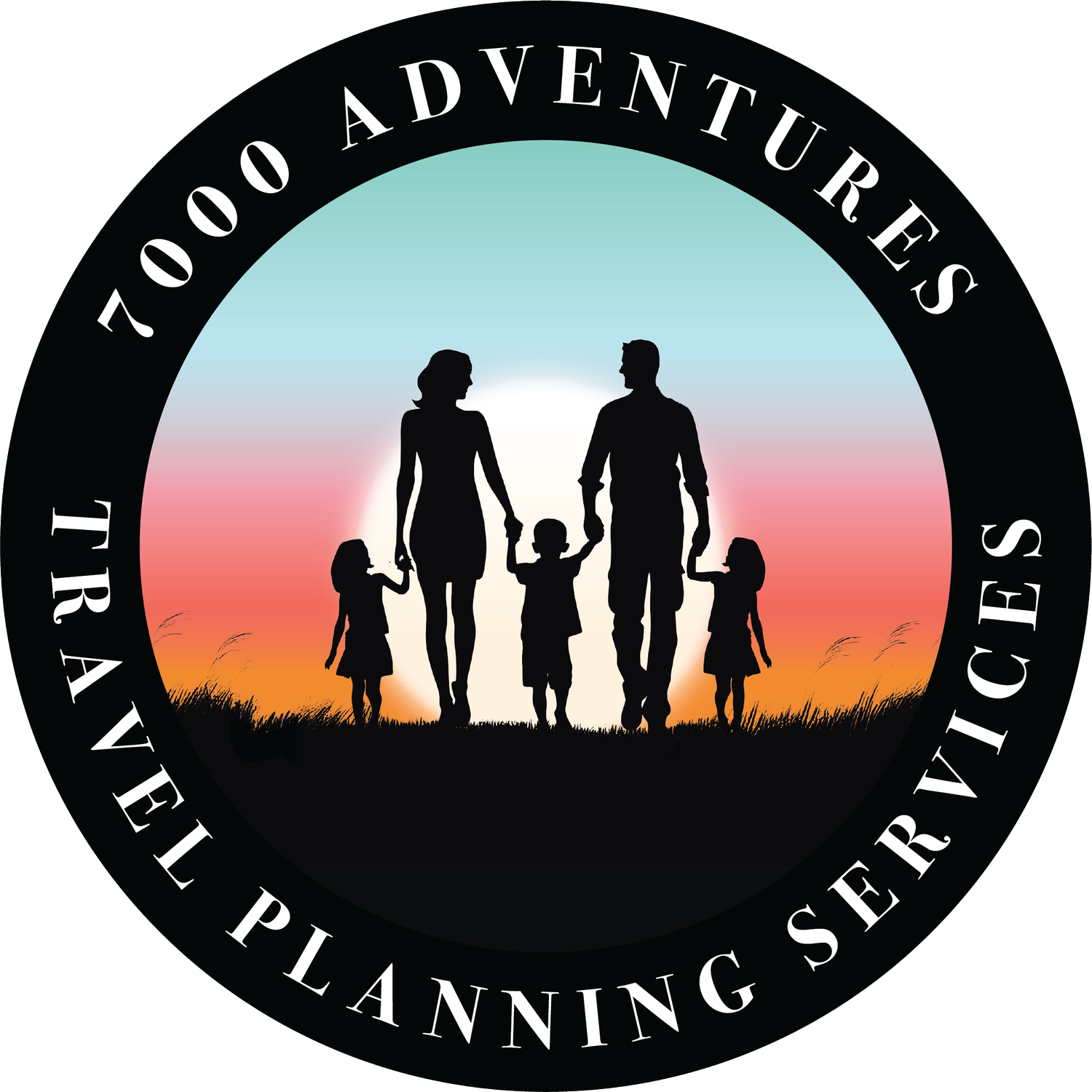Turning Family Trips into Unforgettable Learning Experiences.
When we think of education, our minds often go straight to classrooms, textbooks, and tests. But real, lasting learning doesn’t always happen behind a desk—it happens when kids are fully engaged, curious, and connected to what they’re experiencing. That’s the beauty of travel. Family trips have the power to turn the whole world into a hands-on, heart-engaged classroom—and the best part? Your kids might not even realize they’re learning.
Welcome to the magic of experiential learning—the core of every unforgettable family adventure.
📍 Why Travel Is So Educational for Children
Travel pushes kids to observe, ask questions, and adapt. It introduces them to new environments, cultures, ideas, and histories in ways that school often can't replicate. Whether you're exploring a bustling city or a quiet national park, the opportunities to learn are endless—and incredibly rich.
Here’s what travel teaches beyond what’s in the curriculum:
Geography becomes personal when kids are standing in the Grand Canyon or navigating a New York City subway map.
History comes alive when they walk through Gettysburg or tour a former plantation in the South.
Science is tangible while touching tidepools on the Pacific coast or observing wildlife in Yellowstone.
Social studies becomes humanized as they interact with people from different backgrounds, religions, and regions.
Life skills like budgeting, planning, communication, and flexibility are learned organically through each experience.
🧠 How to Turn Trips into Active Learning Experiences
Here’s how to go beyond sightseeing and make your trips truly educational—without making them feel like school.
1. Start with Curiosity, Not Curriculum
Instead of building your trip around what you think kids “should” learn, ask what they’re curious about. Is your child into space? Plan a visit to NASA’s Kennedy Space Center. Obsessed with animals? The San Diego Zoo or a wildlife refuge might be the perfect stop. When kids are excited, learning follows naturally.
2. Turn Them Into Trip Planners
Give kids a sense of ownership by involving them in the planning. Let them help choose destinations, activities, or even restaurants. Teach them how to read maps, calculate distances, or compare prices. It builds confidence, autonomy—and math skills, too.
3. Use the Power of Storytelling
Every place has a story. Before your trip, read books or watch documentaries about the region you’re visiting. While you’re there, seek out guided tours or ranger talks. Afterward, encourage your kids to tell the story of the place in their own words—through drawing, writing, or photos.
4. Create a Travel Journal
Give each child a travel notebook or scrapbook to document what they see and learn. It’s not about neat handwriting—it’s about observation and reflection. Encourage them to include postcards, sketches, fun facts, or even ticket stubs. It becomes a keepsake and a learning tool.
5. Ask Open-Ended Questions
After a hike, museum visit, or cultural event, ask things like:
“What surprised you most today?”
“What do you think life was like for the people who lived here?”
“How would you explain this place to a friend?”
These questions develop critical thinking and help kids connect the dots.
6. Blend Structure with Freedom
Plan a few anchor activities, but leave room for spontaneity. Sometimes the most meaningful learning comes from the unexpected—like a local sharing a story, a wildlife sighting, or a wrong turn that leads to an even better view.
🌎 Some Trip Ideas That Double as Amazing Learning Experiences
Washington, D.C. – Civics, history, and powerful cultural institutions.
Yellowstone National Park – Geology, ecosystems, and conservation.
Philadelphia – The birthplace of American democracy.
New Orleans – Music, culture, and complex U.S. history.
Route 66 – A time capsule of American change and road culture.
Pacific Northwest – Volcanoes, coastal science, and Native American heritage.
💬 Final Thoughts: Make Every Moment Count
At 7000 Adventures, we believe that childhood is not just about years—it’s about moments. Turning family trips into learning experiences doesn’t require a teaching degree or a rigid plan. It simply means traveling with intention, curiosity, and openness to the lessons the world wants to offer.
So the next time you’re planning a family trip, don’t just think of it as a vacation. Think of it as a journey of growth—for your kids, and for you.
Because every mile, every museum, and every map you read together is an investment in your children’s understanding of the world—and in the memories they’ll carry for a lifetime.

